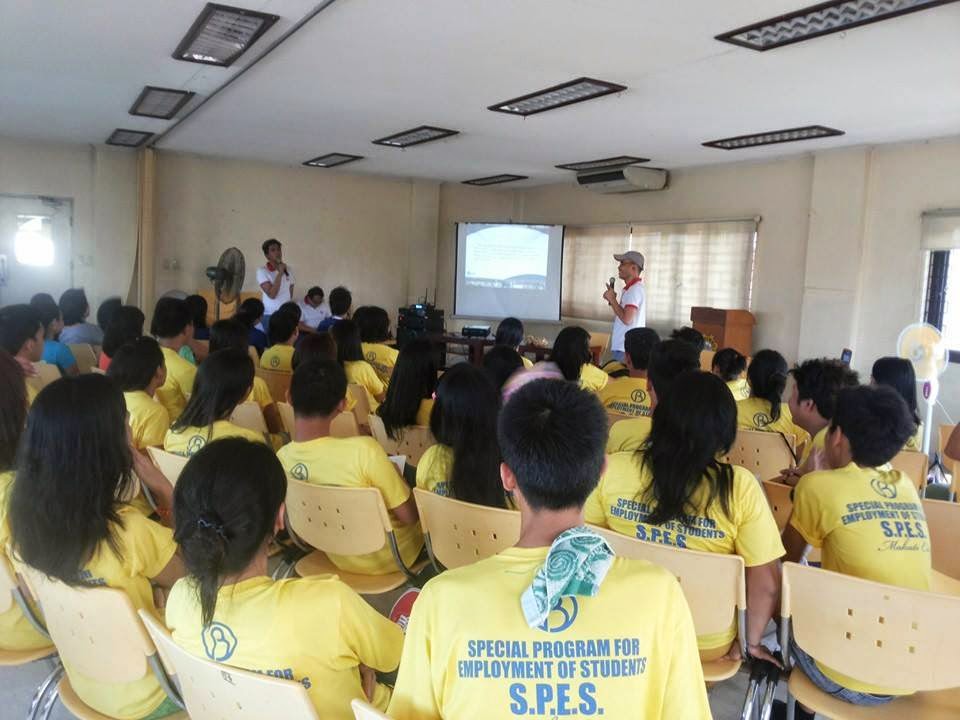Depression and HIV
Depression is a mood disorder. It is more than sadness or grief. Depression is sadness or grief that is more intense and lasts longer than it should. It has various causes:
- events in your daily life
- chemical changes in the brain
- a side effect of medications
- several physical disorders
About 5% to 10% of the general population gets depressed. However, rates of depression in people with HIV are as high as 60%. Women with HIV are twice as likely as men to be depressed.
Being depressed is not a sign of weakness. It doesn’t mean you’re going crazy. You cannot “just get over it.” Don’t expect to be depressed because you are dealing with HIV. And don't think that you have to be depressed because you have HIV.
Symptoms of depression vary from person to person. Most health care providers suspect depression if patients report feeling blue or having very little interest in daily activities. If these feelings go on for two weeks or longer, and the patient also has some of the following symptoms, they are probably depressed:
- Fatigue or feeling slow and sluggish
- Problems concentrating
- Low sex drive
- Problems sleeping; waking very early or excessive sleeping
- Feeling guilty, worthless, or hopeless
- Decreased appetite or weight loss
- Overeating
Some medications used to treat HIV can cause or worsen depression, especially efavirenz (Sustiva). Diseases such as anemia or diabetes can cause symptoms that look like depression. So can drug use, or low levels of testosterone, vitamin B6, or vitamin B12.
People who are infected with both HIV and hepatitis B or C (see fact sheet 506) are more likely to be depressed, especially if they are being treated with interferon.
Other risk factors include:
- Being female
- Having a personal or family history of mental illness, alcohol and substance abuse
- Not having enough social support
- Not telling others you are HIV-positive
- Treatment failure (HIV or other)
Depression can be treated with lifestyle changes, alternative therapies, and/or with medications. Many medications and therapies for depression can interfere with your HIV treatment. Your health care provider can help you select the therapy or combination of therapies most appropriate for you. Do not try to self-medicate with alcohol or recreational drugs, as these can increase depression and create additional problems.
Lifestyle changes can improve depression for some people. These include:
- Regular exercise
- Increased exposure to sunlight
- Stress management
- Counseling
- Improved sleep habits
Some people get good results from massage, acupuncture, or exercise. St. John’s Wort is widely used to treat depression. However, it interferes with some HIV medications.
Valerian or Melatonin may help improve your sleep. Supplements of vitamins B6 or B12 can help if you have a shortage.
Antidepressants
Some people with depression respond best to medication. Antidepressants can interact with ARVs. They must be used under the supervision of a health care provider who is familiar with your HIV treatment. Protease inhibitors have many interactions with antidepressants.
The most common antidepressants used are Selective Serotonin Reuptake Inhibitors, called SSRIs. They can cause loss of sexual desire and function, lack of appetite, headache, insomnia, fatigue, upset stomach, diarrhea, and restlessness or anxiety.
The tricyclics have more side effects than the SSRIs. They can also cause sedation, constipation, and erratic heart beat.
Some health care providers also use psychostimulants, the drugs used to treat attention deficit disorder.
A recent study showed that treatment with dehydroepiandrosterone (DHEA) can reduce depression in some HIV patients.
http://www.aidsinfonet.org/fact_sheets/view/558
















